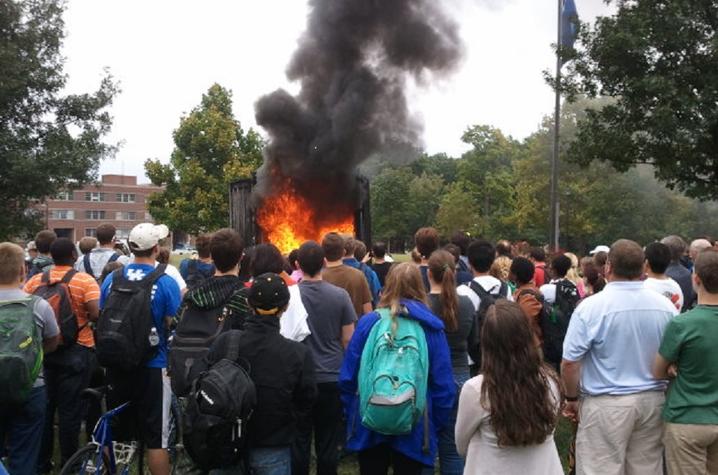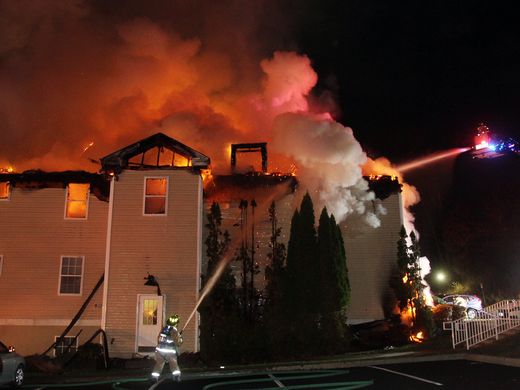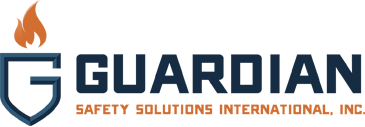
by GSSI | Sep 11, 2017 | Blog, Colleges, Fire marshals, Press Releases, Schools
The University of Kentucky #FireMarshal’s Office kicks off September’s Campus Safety Month with a dramatic demonstration of how quickly a fire can start in a college dorm room....

by GSSI | Nov 21, 2016 | Blog
According to the Lohud Journal News, “More than 30 Carmel residents can’t return to their homes after a fire ripped through a senior citizen housing complex early Tuesday morning. No residents were injured in the fire at Hughson Commons on Gables Way, but...

by Guardian Safety Solutions International | Aug 17, 2015 | Blog, Multi-Family, Residential
We stumbled on a great bunch of kitchen safety tips Leanne Ely who goes by the moniker the Dinner Diva. Take these to heart and read more at SavingDinner.com. Of course, to be extra safe, install the Guardian III G300B which puts out range top fires in seconds. Be...
by Guardian Safety Solutions International | May 14, 2015 | Blog
Kitchen safety is always on our mind, and we’d love to congratulate the Braille Institute for reintroducing their Kitchen Confidence Program, which offers free cooking, nutrition, and safety classes for the blind and visually impaired. The program is supported by the...
by Guardian Safety Solutions International | Jul 20, 2014 | Press Releases
Guardian Safety Solutions International, Inc. (GSSI), the nation’s largest provider of residential range top fire suppression systems, asks cooks to not “drink and fry” this 4th of July. More fires are reported on the 4th of July than any other day of the year...




